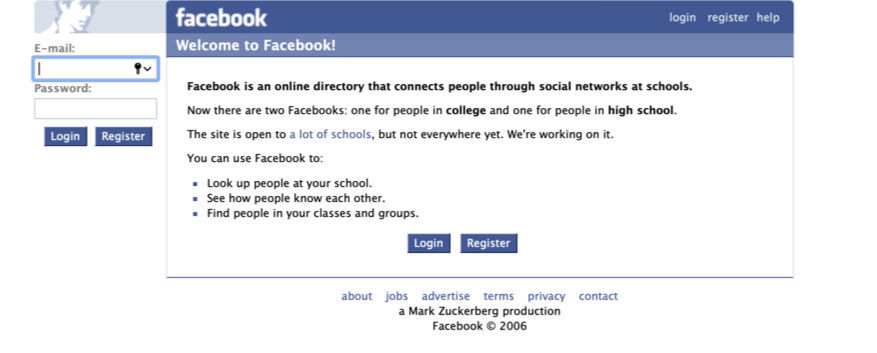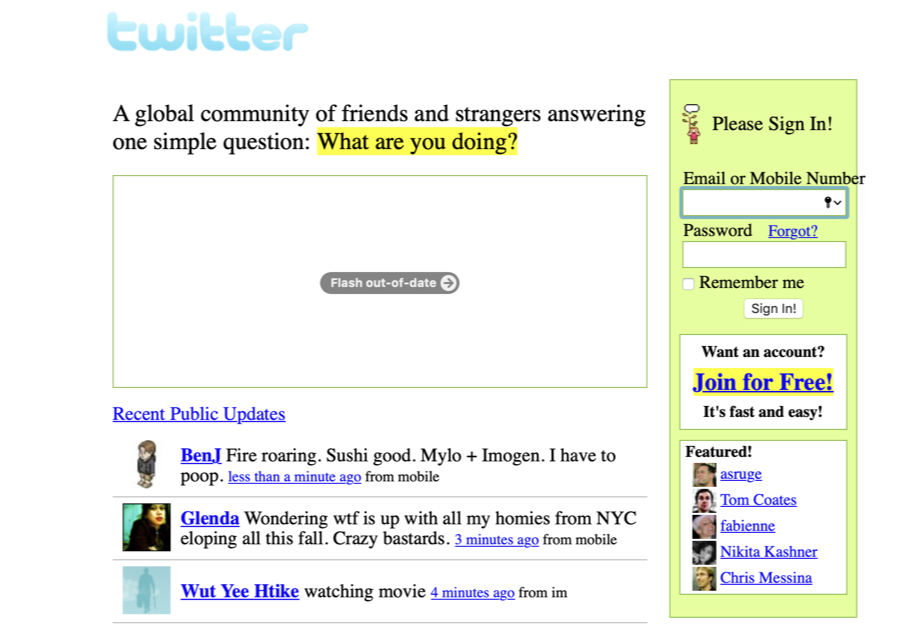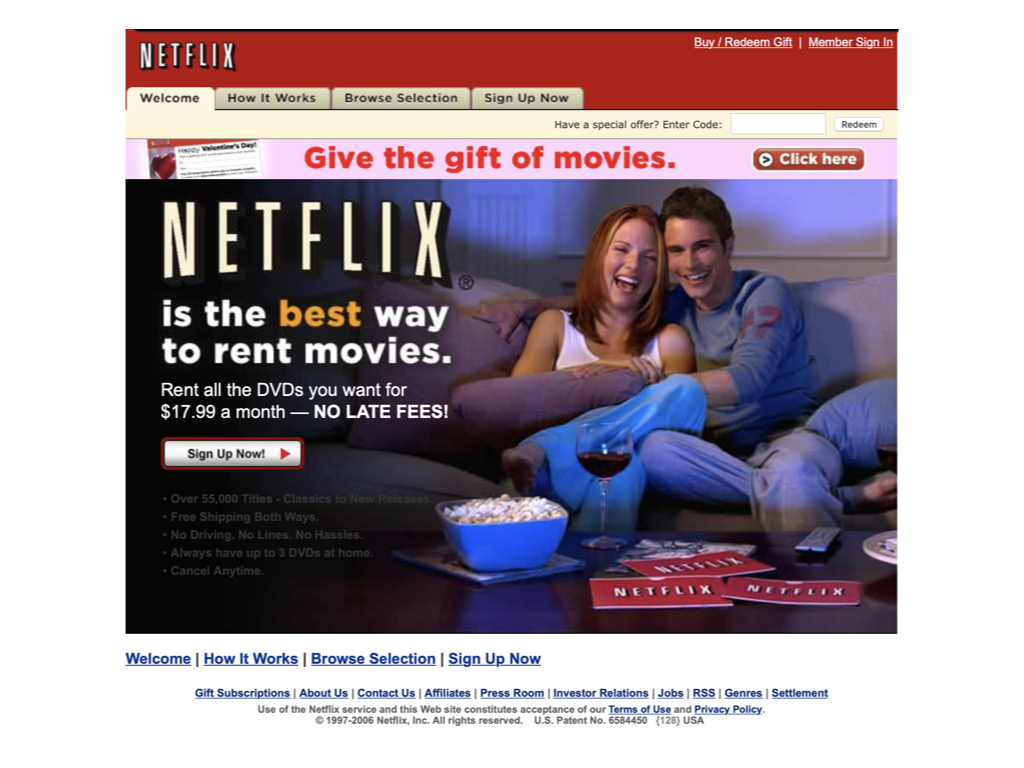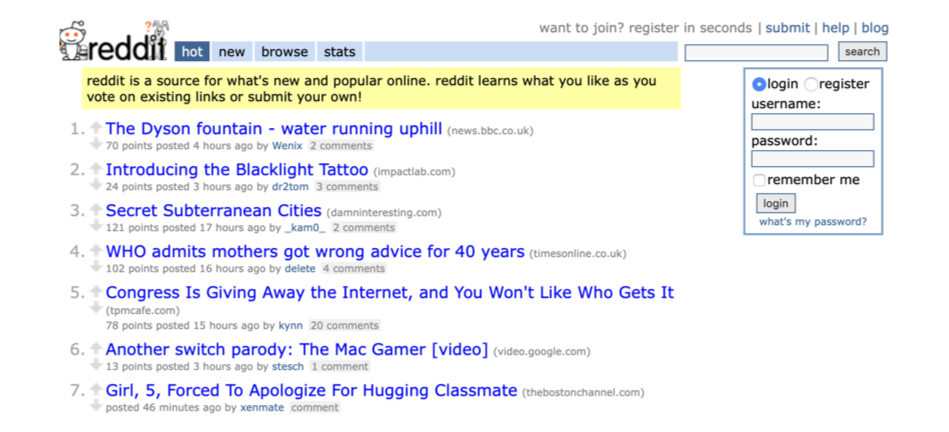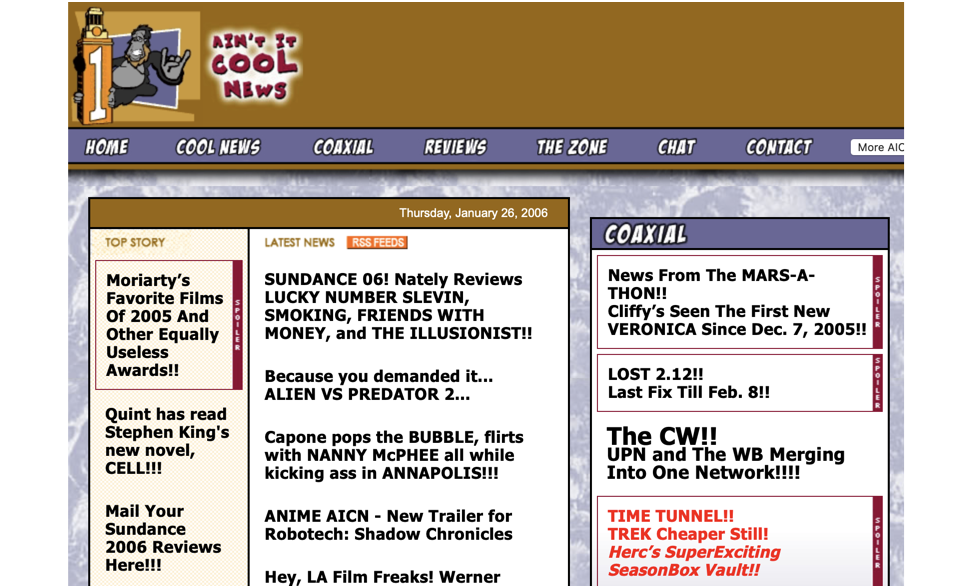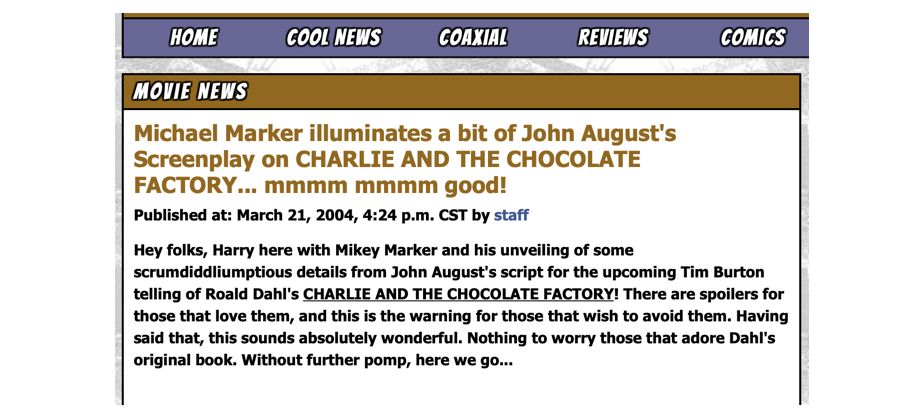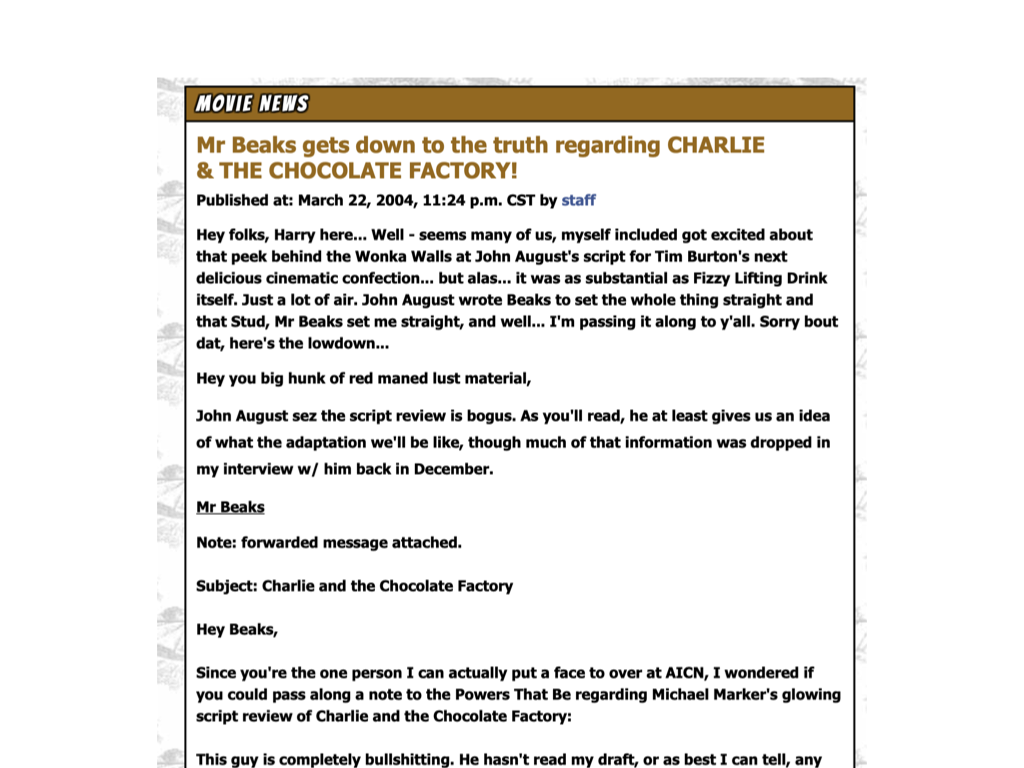Many foreign-born writers work on American films and TV shows. Give them a cocktail and they will tell you horror stories of how hard/frustrating/nerve-wracking it was to get their visas allowing them to work legally in the US.
In preparation for an upcoming Scriptnotes conversation, we reached out to several to get their tips for international writers hoping to work in the US. What follows is their advice, gently edited with some identifying details removed.
—
**First – get a lawyer.**
Anyone thinking about getting a work visa absolutely needs to consult an immigration lawyer. The visa system is constantly changing, and lawyers know the most-up-to-date info. Hell, even some of the things I’m talking about below may have changed since the last time I heard about them/dealt with them.
The absolute biggest misconception about acquiring a work visa is that people think that you get a job, and boom, you can get a visa. It doesn’t work like that. Having a job offer is only the beginning of the process, and even then, only sometimes. Not every job can put you on the visa path.
**Most Americans have no idea what it takes to get a work visa, and that includes many employers.**
This is why it’s important to consult a lawyer. Most Americans have no idea how their own immigration system works. It’s very possible to get jobs you don’t qualify for or can’t get you a visa, which only ends in disappointment for both parties.
**The most popular work visa doesn’t typically apply to Hollywood writers.**
The most common work-sponsored visa is the H1-B. It’s a lottery program that opens only once a year, in April. If you have an employer willing to sponsor you, your application gets put into a giant lottery, and if you don’t win the lottery, they throw it out, without even opening it. You could be an accountant with a $250k a year job offer – doesn’t matter if you don’t win the lottery. The lottery, last I heard, gets twice as many applications as it has open spots. So half of the applications are tossed out without even reviewing the merits of the application.
The H1-B ties you to one employer, and if you lose your job with that employer, you have a very, very short amount of time to find someone else to sponsor you. Given that most working Hollywood writers jump from one assignment to another with different production companies/studios, sometimes with months in between assignments, this visa really doesn’t work for most writers.
There are some people who think they can get an entry-level job (for example, at a production company) and get this visa, but it doesn’t work that way. First, the employer has to cover the legal costs for the H1-B, which they’re not going to do for an entry-level employee. Second, the company has to prove why they need to hire someone from abroad. For an entry-level job, that’s impossible to prove.
**If you’re a foreign writer, entry-level Hollywood jobs are off-limits to you.**
An entry-level job can’t (and won’t) get you a visa. So if your plan is to be a PA or work in the mailroom, sorry to say, but these aren’t visa-qualifying jobs. So the path of ‘start at the bottom and work your way up’ is not really a path that exists for foreign writers, unfortunately. I’ve seen many well-meaning Americans give this advice to foreign writers, not realizing that it’s impossible. I’ve also seen many foreigners think that this path is open to them, only to find out it’s not.
**Although if you start as as student, there may be a way.**
I went to film school on an F1 Student visa. With this visa, after you graduate you get one year called Optional Practical Training (OPT) to stay in the States. I used that year to go to LA. With OPT, you can essentially work any job (there may be restrictions that it needs to have something to do with your degree but from my understanding it’s quite loose). Your OPT year is HUGE. You basically have one year to “make it.” At least, that’s how I saw it and here’s why: after that OPT year you need to apply for a real visa (I call it my big girl visa) and with it you need “evidence” that you are “extraordinary” in your field in order to qualify.
**You’re probably looking for an O1 visa.**
The O1 is for ‘artists of extraordinary ability.’ That’s you! This is a visa that’s great for writers, but you have to be established already to get it, and it costs time and money. A big advantage is that you can apply for it year-round, and there’s no lottery.
The caveat, though, is that you have to be able to prove that you are already an established artist – an ‘artist of extraordinary ability.’ The way you do that is by fulfilling a certain number of criteria. This could include being the lead on major productions, commanding a high salary, having won awards, garnered press, etc. This visa also allows you to work for multiple employers. You do have to have one primary sponsor (e.g. a business manager, agent, manager, etc), but they can hire you out for jobs. So if you’re a TV writer and you are moving from a Netflix show to an Amazon Prime show, this is the visa that will allow you to do that.
The challenges to getting it, though, are significant:
1. If you’re a writer looking to break in, this visa is off-limits to you. You need to have established yourself already in your home country. If you have no track record, it isn’t possible to acquire.
2. It’s expensive. The cost to get a lawyer to do an O-1 application ranges anywhere from $3,500 to $7,500, which doesn’t include the filing fees with US immigration (which are around $2k).
3. It is possible to find a sponsor who will pay for your O1, so you don’t have to cover the cost yourself. For example, for some working writers, their agents will sponsor their O1 and cover the cost. However, if that relationship gets severed, it voids the visa. So during the ATA dispute, foreign writers who had been sponsored by their agents had to get special dispensation from the WGA to not have to fire their agents, since firing them would have meant losing their visas. Conversely, if their agent fires them, it also voids the visa. You have to maintain a working relationship with your sponsor to keep up your visa, but if you pay for it yourself, you usually work with a business manager who isn’t your agent, but someone whose services you employ to manage your business who is unlikely to fire you. There’s definitely a way to avoid the expense of the O1, but it comes with more risk.
Here are some of the items you need to collect:
– 10 letters of recommendation from top members of your industry
– 6 additional letters confirming your employment for the next three years (difficult in an industry that is largely freelance)
– Evidence of your outstanding achievement in your home country. This is largely done with newspaper articles. If you won an award, it better have been written about in a major newspaper. Also if you won an award, it should be an internationally recognized and prestigious award. You could also be asked to be on a jury of a prestigious organization. Membership in an internationally recognized union helps (like the WGA).
– An “Agent” to act as your employer or essentially your sponsor. Some people will go through an accountant, some will go through their talent agency. It all depends on the company, on you, on your lawyer and how savvy they are. It’s a mess.
Basically, it’s really hard for someone just starting out to qualify for an O-1 visa. But it can be done.
**Here’s how I got my O-1.**
At first I tried to apply for an O-1 visa for writing, acting, and directing. Between my first and second year at film school I went back to my home country for the summer and put on a play that I wrote and directed in my hometown’s Fringe Festival, which won a major award in theatre and was reviewed by several major newspapers. It got picked up for another big festival and again was reviewed by several major newspapers. All of this contributed to the “evidence” that I was noteworthy in my home country. Without this, I would not have gotten my O-1.
Because of that play, I got noticed by all the top theatre artistic directors in my hometown (who were prominent in my home country) and formed relationships with many over the next two years (during my final year at film school and my OPT year) and three or four of them wrote recommendation letters. Again, huge get for me!
My other recommendations included two teachers from college with major credits to their name, and two showrunners of major shows. (I found one of them through the university’s alumni mentor network and the other was my thesis crit panelist.) I didn’t know I’d need them all to sign these letters so I’m lowkey very proud of myself for maintaining these professional relationships, especially with the showrunners. I’m not particularly good at networking but in this instance, wow, it really paid off to put myself out there.
Next issue was compiling all the evidence. And this I need to thank my obsessive and meticulous father. He kept every single press clipping for my plays, screenplay competition wins, every interview I gave, every review, every write up, every program big or small. I brought this huge binder to my lawyer who beamed and said “You owe your father a HUGE thank you!” He basically did all the work for them.
Then comes the really tedious filling out of forms. With details like “list every flight you have ever taken in the last ten years.” I now make sure that every time I fly I put it in my calendar. I mark every itinerary email in my inbox. I put it on a list in my Notes app. It’s surprisingly hard to remember, especially since as a student I had flown back and forth so many times.
Random things like “expected financial compensation for visa duration” – WHAT? How can you predict how much money you’ll make in a freelance-based industry?
The cost came to over $10,000, including the lawyer fees and all the USCIS fees for the application (which are about $2,500 alone). You could do it without a lawyer but it would be next to impossible. The full application is hundreds of pages. The lawyers have to write up bios and summaries for every single person or organization you mention. It’s so much work.
Which brings me to why it’s so intense: the amount of work. I cannot express enough how grueling the process is. If you haven’t gone through it you’d think oh it’s just emailing people and pulling research off the internet. But the amount of time it takes and how meticulous the process is painstaking slow.
The timeline is another issue. I graduated in May. I moved to LA that July. My OPT year would expire the next July. And it took about six months to compile all the documents. So I sought out my lawyer in November – only FOUR months after I moved to LA. I barely had my first job at that point and I already had to start the process of applying for my O-1.
That first O-1 nearly killed my drive to be in this business.
**It has to be renewed every 3 years.**
You’re basically paying $5-$10k every three years to renew.
The US has a lot of types of work visas, but all of them have restrictions. Some are limited to certain countries. Some are limited to certain job functions. Some visas are only available to employees of certain companies. This is again why it’s so important to consult a lawyer.
**You can try your luck with the green card lottery.**
There is a green card lottery (though it may have been paused due to COVID). Only certain countries are eligible, and only a small number are given out, but if you get lucky, it’s one way to get work approval to the US. Just know that if you return to your home country, even if you give up your green card, you will have to file taxes in the US for ten years.
**The bottom line: foreign writers have to be a lot more conscientious if they want to work in Hollywood.**
There are lots of international writers working in Hollywood, so it’s not impossible to do! But you’re going to have to be a lot more focused and dedicated than those who are American citizens.
